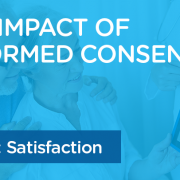Addressing Social Determinants: Does Your Organization Have the Patient Data it Needs?
On April 1, CMS finalized updates that, in part, provide a better way to care for patients where they spend the most time – OUTSIDE the walls of healthcare, in their homes.
Seema Verma, CMS Administrator said, “…[Medicare Advantage and Part D] plans need greater flexibility in offering benefits that focus on preventing disease and keeping people healthy.”)
This is a welcomed change, given that 70% of a person’s health is determined by factors such as lifestyle and environment.
Under these new benefits, patients have covered access to things such as:
- Meal delivery
- Non-medical transportation, such as for grocery shopping
- Air cleaners or carpet shampooing for patients with asthma,
- And other services to address social needs
ICD-10 – CM Z codes Z55-Z65 identify patients with health hazards related to socioeconomic and psychosocial circumstances. As of February 2018, documentation from ALL members of the care team – rather than only the provider – can be used to report these codes.
Combined, these changes translate to improved billing and coverage of preventative care for patients based on their social needs. But, without knowledge of the risk factors impacting a patient’s life, medical care can only go so far.
Sixty-eight percent of patients have experienced at least one of the social determinants of health (SDOH), but very few are communicating to their providers about it, according to a recent report from Waystar.
As healthcare moves towards targeted, value-based care delivery, it’s important for providers to collect and understand patients’ social determinants and gain momentum into designing critical parts of care delivery.
The Protocol for Responding to and Assessing Patients’ Assets, Risks, and Experiences (PRAPARE) is a national effort to help health centers and other providers collect the data needed to better understand and act on their patients’ social determinants of health. (source)
With data on the social determinants of health, health centers and other providers can define and document the increased complexity of their patients, transform care with integrated services and community partnerships to meet the needs of their patients, advocate for change in their communities, and demonstrate the value they bring to patients, communities, and payers.
So, how can you learn about a patient’s social determinants? Ask them.
Collecting Patient Data Beyond the Walls of Healthcare Organizations: A Key to Understanding Social Determinants of Health
Collecting data related to social determinants of health (which can include home environment, employment situations, physical activity, food security, access to transportation, etc.) is critical as health systems work to improve the health of their communities by analyzing the upstream factors affecting health.
According to a West Corporation survey of 1,036 adults and 317 healthcare providers in the U.S., 86% of Americans are willing to participate in a healthcare survey if prompted by their doctor.
And that doesn’t just include satisfaction surveys. Feedback from patients indicates they are open to participating in a variety of other types of surveys, including health risk assessments, gaps-in-care surveys, medication adherence surveys, remote health monitoring surveys, and post-discharge surveys.
Questionnaires are an important part of Interlace Health’s platform. They can be delivered with pre-registration forms, individually post appointment, or pushed out between visits. Patients can access and submit questionnaires from a computer, tablet, or smartphone from the convenience of their own home (or wherever they may be).
Interlace Health can be a core component of an organization’s PRAPARE Implementation Plan, as our survey and questionnaire capabilities ensure the right questions are asked to patients, at the right time. The information collected remotely or at a healthcare organization is directly archived in the EHR and visible to the care team for assessment and next steps.
SDOH data collected via questionnaires can support efforts to increase preventive care and reduce preventable hospital admissions and ER visits.
Many promising opportunities to collect and access patient data across a continuum of backgrounds, levels of need, and settings are emerging. The data gathered from remote patients has the potential to yield invaluable information to providers seeking to develop personalized, holistic, care plans for their patients; that ultimately, results in better health outcomes.
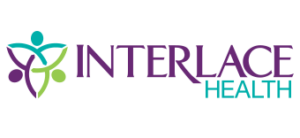
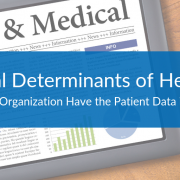

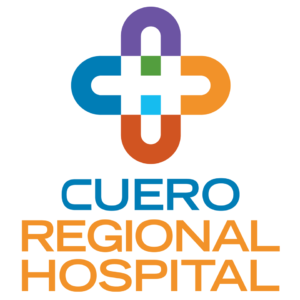



 King’s Daughters Medical Center
King’s Daughters Medical Center Shahid Shah, award-winning Government 2.0, Health IT, Bio IT & digital Medical Device Inventor & CTO with over 28 years of technology strategy, architecture, engineering, entrepreneurship, speaking, and writing experience, uncovers the big problem with the healthcare industry’s informed consent status quo.
Shahid Shah, award-winning Government 2.0, Health IT, Bio IT & digital Medical Device Inventor & CTO with over 28 years of technology strategy, architecture, engineering, entrepreneurship, speaking, and writing experience, uncovers the big problem with the healthcare industry’s informed consent status quo. John Lynn, Founder of the
John Lynn, Founder of the  Highlighting the overlooked, yet quick-hit improvement area, of the informed consent process in healthcare, Colin Hung, co-founder of the
Highlighting the overlooked, yet quick-hit improvement area, of the informed consent process in healthcare, Colin Hung, co-founder of the 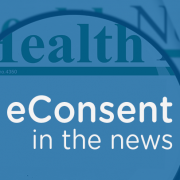
 Shahid Shah, award-winning Government 2.0, Health IT, Bio IT & digital Medical Device Inventor & CTO with over 28 years of technology strategy, architecture, engineering, entrepreneurship, speaking, and writing experience, uncovers the big problem with the healthcare industry’s informed consent status quo.
Shahid Shah, award-winning Government 2.0, Health IT, Bio IT & digital Medical Device Inventor & CTO with over 28 years of technology strategy, architecture, engineering, entrepreneurship, speaking, and writing experience, uncovers the big problem with the healthcare industry’s informed consent status quo. John Lynn, Founder of the
John Lynn, Founder of the  Highlighting the overlooked, yet quick-hit improvement area, of the informed consent process in healthcare, Colin Hung, co-founder of the
Highlighting the overlooked, yet quick-hit improvement area, of the informed consent process in healthcare, Colin Hung, co-founder of the 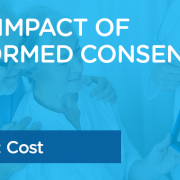

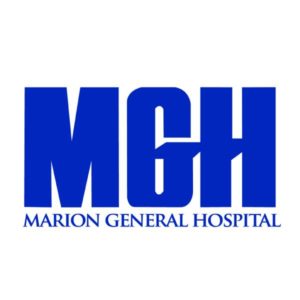

 deploy
deploy 